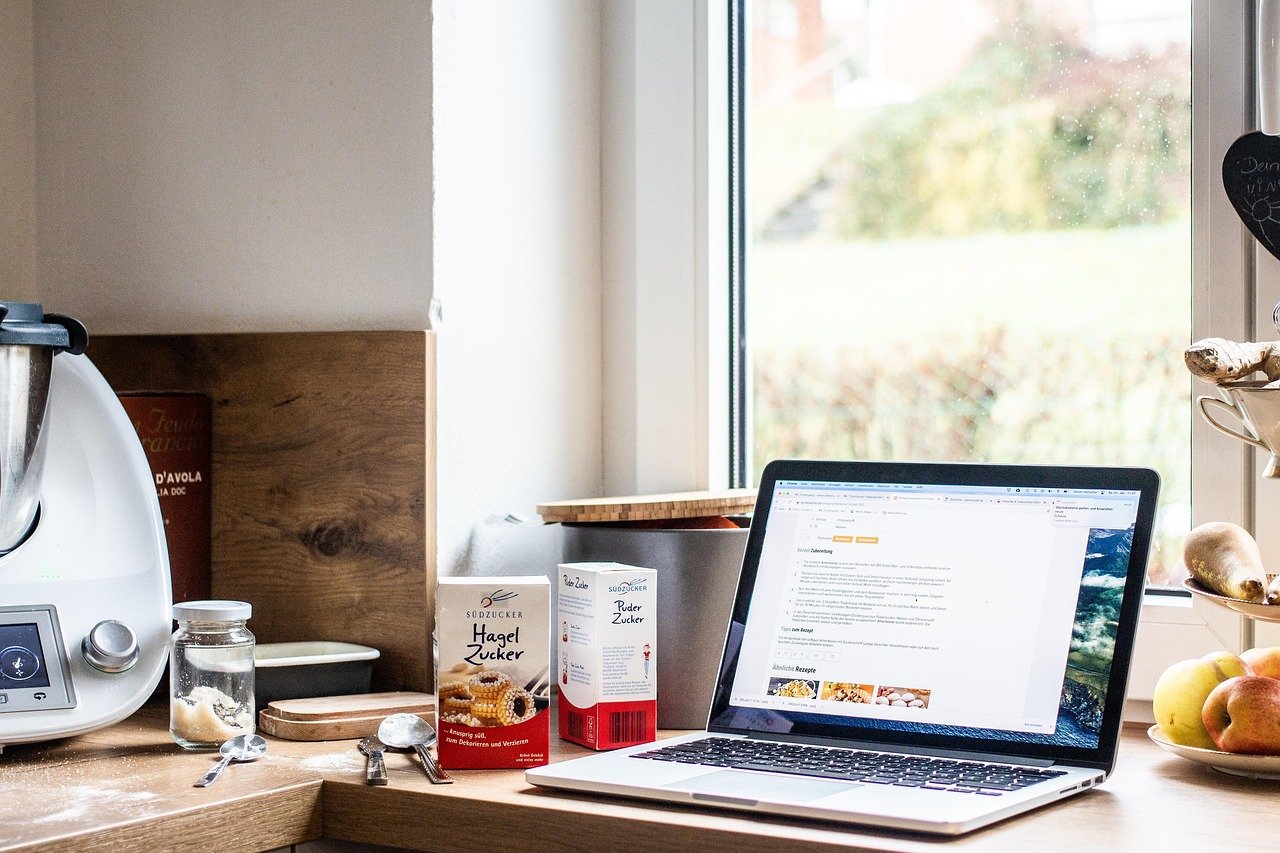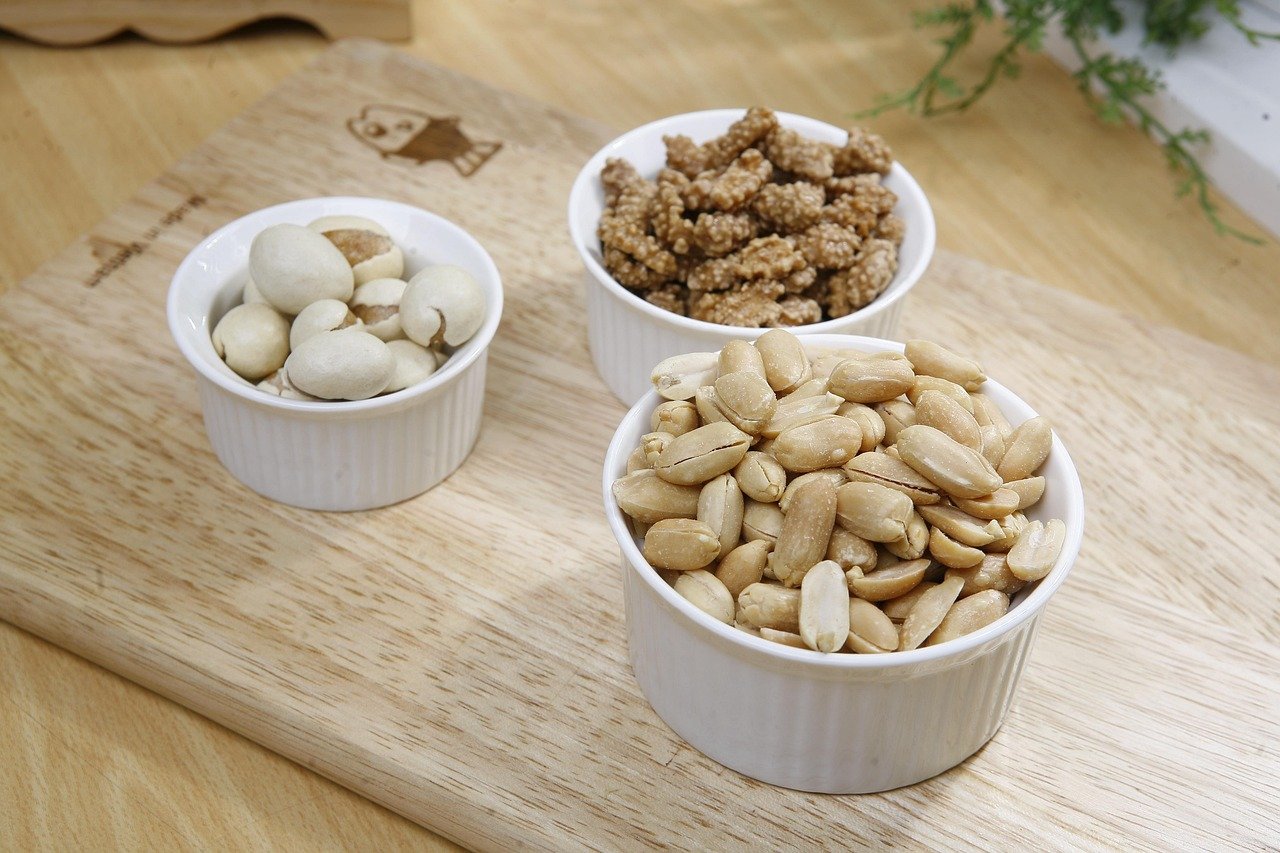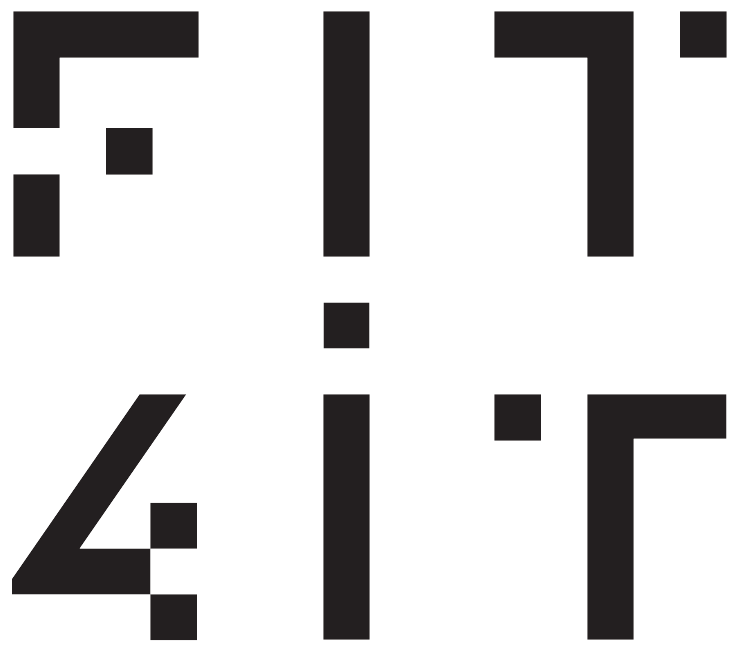Most people think of snacks as an indulgence or a quick fix when hunger strikes, but the truth is different. Snacks, when chosen wisely, can act as fuel for productivity, sharper focus, and steady energy throughout the day. For professionals juggling demanding schedules, travel, and long hours, these small bites often determine whether energy levels remain stable or crash.
Instead of treating snacks as afterthoughts, viewing them as part of your nutrition strategy can transform the way you feel and perform. With the right balance, they become tools to prevent overeating, curb cravings, and keep your body moving toward its goals. Similarly, a nutritionist can help tailor snack choices to your unique lifestyle, ensuring you stay fueled without compromising health goals. Here’s what FIT4IT experts recommend to help you snack with purpose and confidence.

Healthy snacking provides steady energy between meals, preventing the blood sugar crashes that often lead to fatigue and overeating.
1. Understand The Purpose of Snacking
Snacks are not mini-meals, nor are they meant to be indulgent ‘cheat’ moments. Their primary role is to keep your metabolism active, support energy demands between meals, and stabilize blood sugar levels. When chosen correctly, snacks can aid recovery, enhance brain performance, and prevent late-night cravings that sabotage your progress.
2. Follow The Balanced Snack Formula
A healthy snack should combine protein, fiber, and healthy fats. This trio keeps you satiated and ensures a slow, steady release of energy. For example:
- A boiled egg with carrot sticks.
- Greek yogurt with chia seeds and berries.
- A handful of almonds and an apple.
This balance prevents the blood sugar spikes and crashes that typically follow sugary or carb-heavy snacks.
3. Don’t Let Hunger Sneak Up On You
Waiting until you’re starving leads to poor decisions, like devouring an entire bag of chips or impulsively ordering fast food. Plan snacks just like meals. Our FIT4IT coaches recommend setting a mid-morning and mid-afternoon snack window to avoid energy dips and keep hunger in check. Prepping snacks at the start of your workday or travel day also builds accountability.
4. Read The Label, Even On ‘Healthy’ Snacks
Many so-called health foods are loaded with hidden sugars, preservatives, and empty calories. Energy bars, protein cookies, or even ‘low-fat’ yogurts often contain more sugar than a candy bar. Get familiar with ingredient lists and nutrition labels. Look for short ingredient lists, 5g+ protein per serving, and minimal added sugars (under 5g per serving if possible).
5. Travel-Friendly Snack Options
Busy professionals on the move need snacks that are portable, mess-free, and shelf-stable. Some FIT4IT-approved options include:
Roasted chickpeas or lentils.
- Trail mix. (DIY, without sugary clusters)
- Nut butter squeeze packs with rice cakes.
- Protein bars. (low sugar, high fiber)
- Dried fruit with no added sugar.
6. Be Mindful, Not Mindless
Snacking while distracted, like during Netflix or while driving, leads to overeating. Practicing mindfulness helps you tune into real hunger cues. Slow down, chew properly, and portion out your snacks instead of eating from the pack. Even better, take 5 minutes to step away from your desk and enjoy it.
7. Hydration Vs. Hunger
Sometimes what feels like hunger is actually dehydration. Before reaching for a snack, drink a glass of water and wait 10 minutes. If you still feel hungry, choose a balanced snack. Staying hydrated not only reduces false hunger signals but also supports digestion and energy metabolism.
8. Keep Your Kitchen (Or Office Drawer) Stocked
Environment shapes behavior. If your fridge, pantry, or office drawer is full of tempting junk, you’re likely to cave during stressful moments. Stock up instead on pre-cut veggies, hummus, roasted seeds, and plain yogurt. When healthy choices are easy and visible, you’ll make them more often.

Unlike sugary treats, balanced snacks support metabolism and recovery, helping you progress toward fitness and weight management goals.
Snack smarter, not harder. And watch how those small choices transform your energy, mood, and progress.
Further Reading & References
- Harvard T.H. Chan School of Public Health – https://www.hsph.harvard.edu/nutritionsource/healthy-eating-plate/
- American Heart Association – https://www.heart.org/en/healthy-living/healthy-eating/eat-smart/nutrition-basics/snacking-healthy
- Cleveland Clinic – https://health.clevelandclinic.org/snacking-healthy-heres-what-you-need-to-know/
- WHO Healthy Diet Guidelines – https://www.who.int/news-room/fact-sheets/detail/healthy-diet
Was this helpful?
Good job! Please give your positive feedback
How could we improve this post? Please Help us.







No Comments